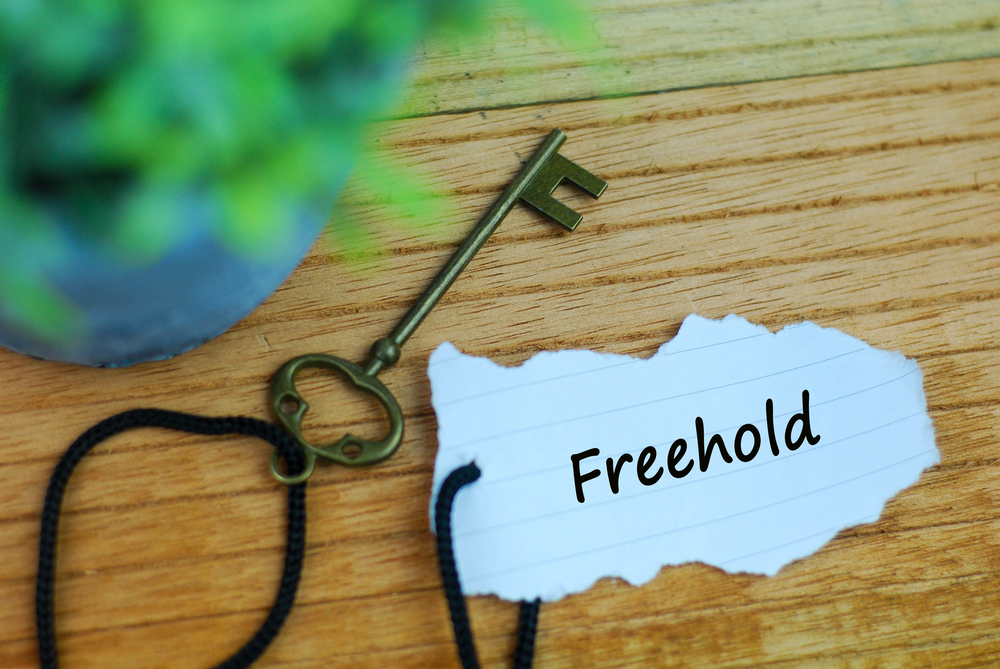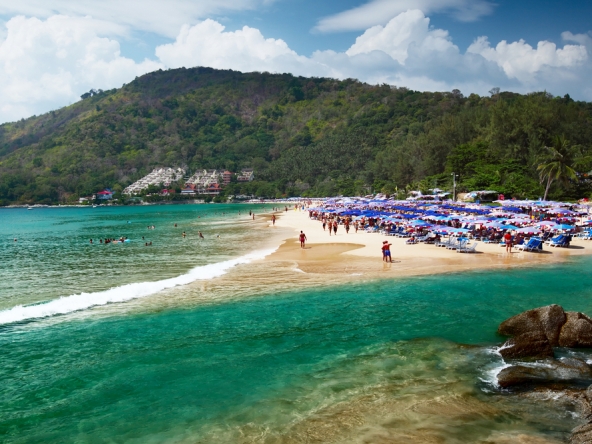Purchasing the condominium is the easiest and simplest and well known that transaction. A Condominium is formed by a group of apartments and common areas which have obtained a condominium license. A Condominium (first established under the condominium act of 1979) is a title to a part of a building or buildings with multiple owners and a fractional interest in the land and other common assets (such as swimming pool, parkings, etc).
The title will state the floor area of the private apartment, the ground area of the common land and the percentage interest which that apartment is in the common property. This percentage also represents the voting interest in the Condominium company or owners association. The law allows foreigners to own the 49% of the total units in a condominium complex on the freehold basis and the remaining 51% can be transferred to Thai individual or Thai juristic person (typically a Limited company). Additionally, foreign investors are allowed to lease the remaining 49% of units left on a long-term basis (typically at 30 years lease registered at land office).
The amendment on Foreign Business Act had a significant impact in Phuket where over 90% of the investment derive from foreign investors. In this atmospheres of uncertainty the first market reaction was a slow down in the land and private villas demand followed by a fast increase in the demand of the remaining condominium unit and lands suitable for condominium development. Today, buyers perception is that leasing a unit in a condominium is somehow safer than leasing a private beautiful villa sitting on a land.
The truth is that if what you want is to buy a house or a villa, you should not deterred by the fact that you can’t acquire the freehold land. The villa/home can be owned on your name freehold, while you must ensure a proper and well constructed lease for the land is drafted. In this way you will have effective ownership and still abide the laws of Thailand. Furthermore, the land lease contract can contain an option to purchase that could be exercised in the event the laws on foreign ownership change – or you sold on to a Thai person or legal entity (a 100% Thai company). For both the property Condominium units and land, the structure of lease contract is always complex and needs to be reviewed carefully with respect to the properties current ownership and your own personal needs.
Most of investors have already understood the difference between a condominium leasehold unit compared to a lease/purchase of a private villa and the market value of villas built on private land has substantially increased in recent years. Given the same ownership conditions (leasehold) and the same (or similar) price would you invest in an apartment or a villa? Well, land value climb faster in Phuket and prices have increased of 50-100% in the last 3 years while apartments prices have increased of 5-10% so, I leave the decision in your hands. To confirm what I say, many developers in Phuket are now starting incentive campaigns to promote the leasehold your offering discounts, free furniture package and other benefits.
Although the term ‘apartment’ describes a room or a suite of rooms designed as a residence and generally located in a building occupied by more than one household, certain confusion is still present in the market. Both apartments comprised in a Condominium or a Resort Apartment (under Hotel license) correspond to this general description but only those build under a Condominium License are providing investors with the title of deed and can be purchased by foreigners or Thais. Those built under Hotel License can be only leased and no title of deed will be provided to investors for the single unit. Also, if you own a unit in a Condominium you are not allowed to rent for short term but if you lease an apartment in a Resort (which obtained an Hotel license) you can rent (sub-let) on short term basis.
In the southern destinations where the release of Condominium Licenses is limited by the EIA (Environmental Impact Assessment) resort apartments find the niche market on premium locations (sea view, beach front, natural parks, etc.) where buyers look for primary residence and high rental returns. In these areas as I could say the leasehold apartment sells when the freehold is not available. Furthermore, many developers have now started to develop apartments and residences under Hotel License in order to guarantee safe rental returns to investors. Although is difficult for me to assimilate ‘home’ with living in ‘rented’ accommodation, a market aimed to international investors thinks different. The analysis of new condominium projects and Resort apartments/villas show that both leasehold and freehold sell.
Andrea Angius – CEO Lovely Phuket Real Estate
Source: Investor’s Guide
The resume help high school offers a host of sports programs, several publications and a marching band.




